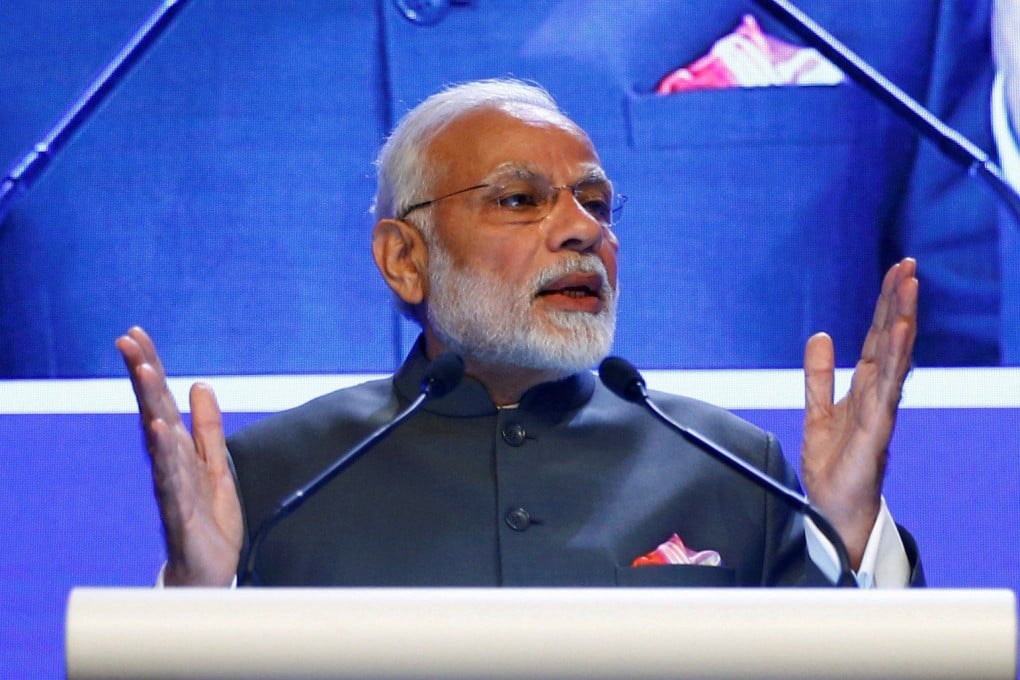Why is India’s status among Asean nations rising?
- New survey shows India seen as a potential ally, more so than Australia, UK and South Korea, partly due to worries over US-China rivalry
- It comes despite New Delhi’s neutrality on the Ukraine war, the rise of Hindu nationalism and citizenship issues perceived as anti-Muslim

India, which ranked last in 2022, doubled its approval from 5.1 per cent to 11.3 per cent to take the third spot out of six, followed by Australia, Britain and South Korea.
Daniel Markey, senior South Asia adviser at the United States Institute of Peace (USIP), said the findings would be more meaningful if support for India continued to rise in subsequent findings.
Rajeev Ranjan Chaturvedy, an associate professor in international relations at India’s Nalanda University, said the nation’s 30th anniversary dialogue with Asean in 2022, which involved the relationship being elevated to Comprehensive Partnership status, had also raised New Delhi’s standing in the region.
Chaturvedy added that many Southeast Asian nations viewed India as a “peaceful, non-threatening force”, while New Delhi’s strong economic performance and potential, its emphasis on multilateralism and its refusal to submit to China’s “territorial grab” had also played a role in raising its status, he said.